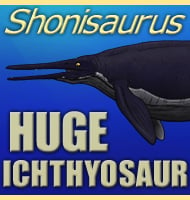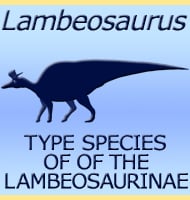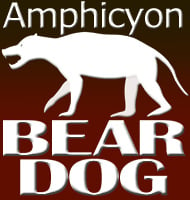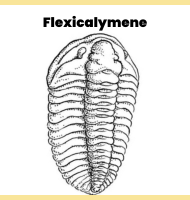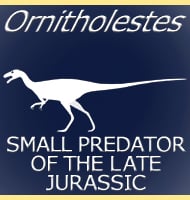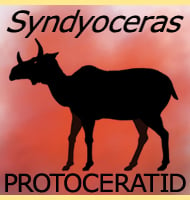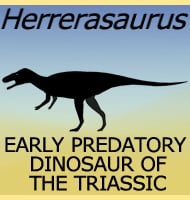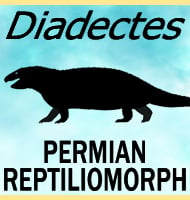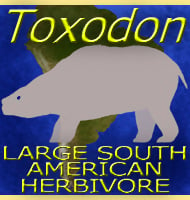In Depth
Acristavus was a late surviving hadrosaurid that stood out from amongst the others of its kind because it had no head ornamentation. Although not strictly unique, many of the other better known hadrosaurids such as Parasaurolophus and Lambeosaurus had very elaborate and impressive head crests. The fact Acristavus did not have one suggests that it belonged to a different group of hadrosaurids although it’s possible that it could have been related to Maiasaura.
There are two main thoughts of reason about the lack of ornamentation. The first is that Acristavus is descended from ornamented dinosaurs, but lost the ornamentation through evolution, the result of it no longer being a desired trait in choosing a mate. Essentially this would result in it being bred out. The second is that Acristavus represents a more basal form of hadrosaurid and possible forerunner to the previously mentioned Maiasaura and possibly the more numerous Edmontosaurus.
Further Reading
– New unadorned hadrosaurine hadrosaurid (Dinosauria, Ornithopoda) from the Campanian of North America. – Journal of Vertebrate Paleontology 31(4):798-811 – T. A. Gates, J. R. Horner, R. R. Hanna & C. R. Nelson – 2011.

